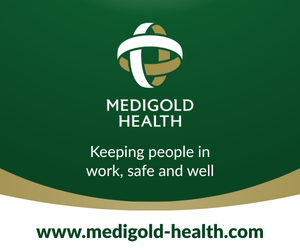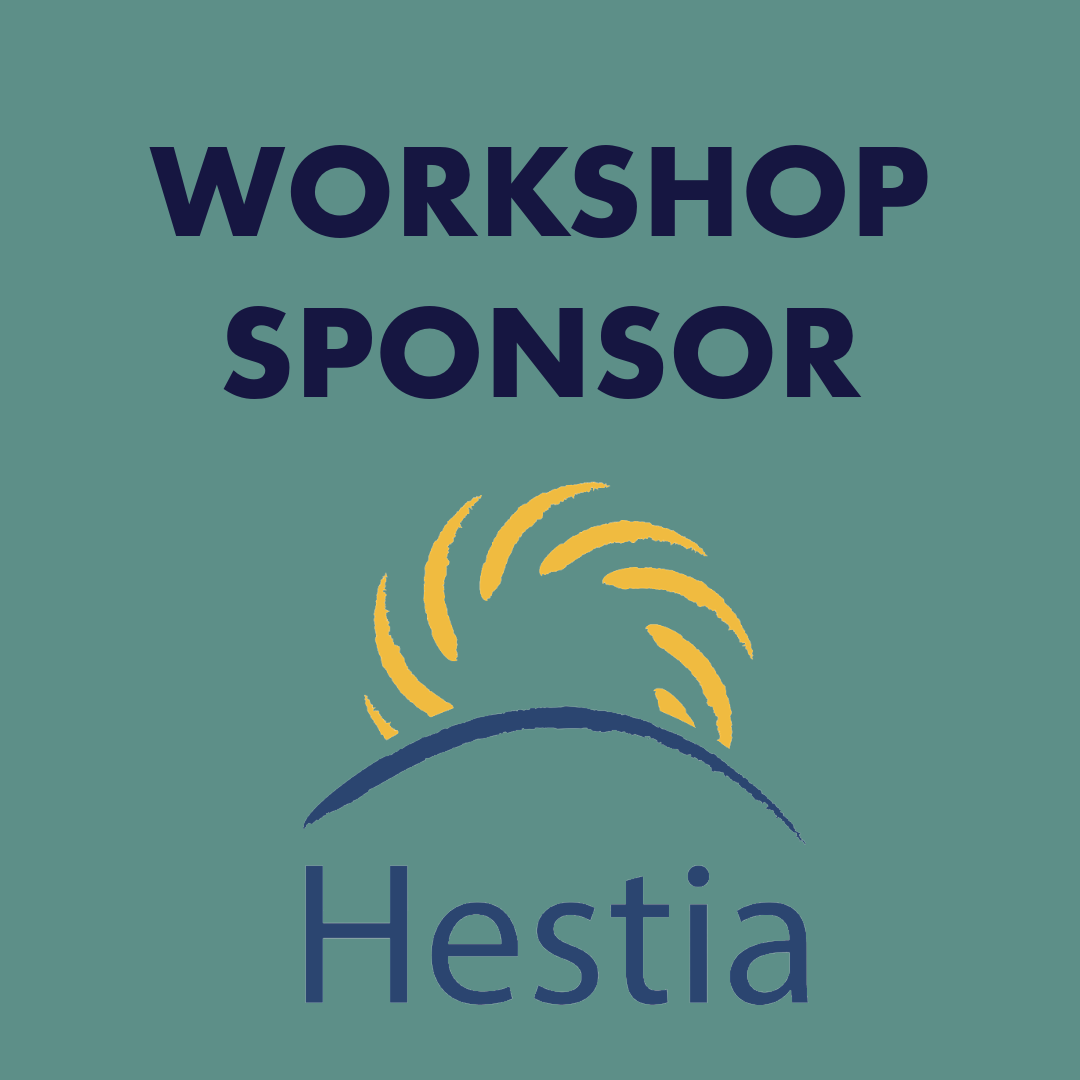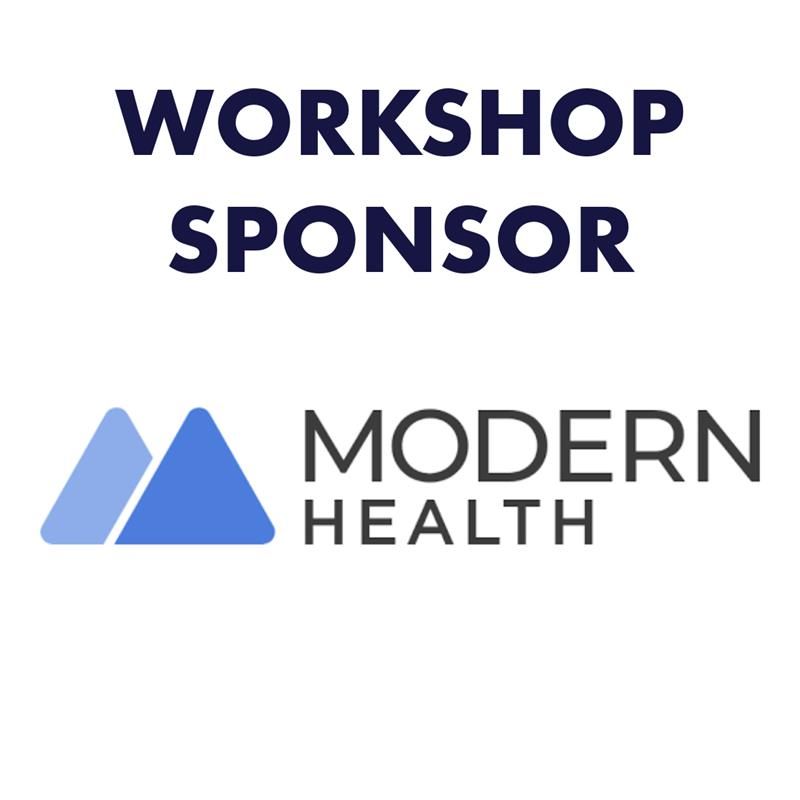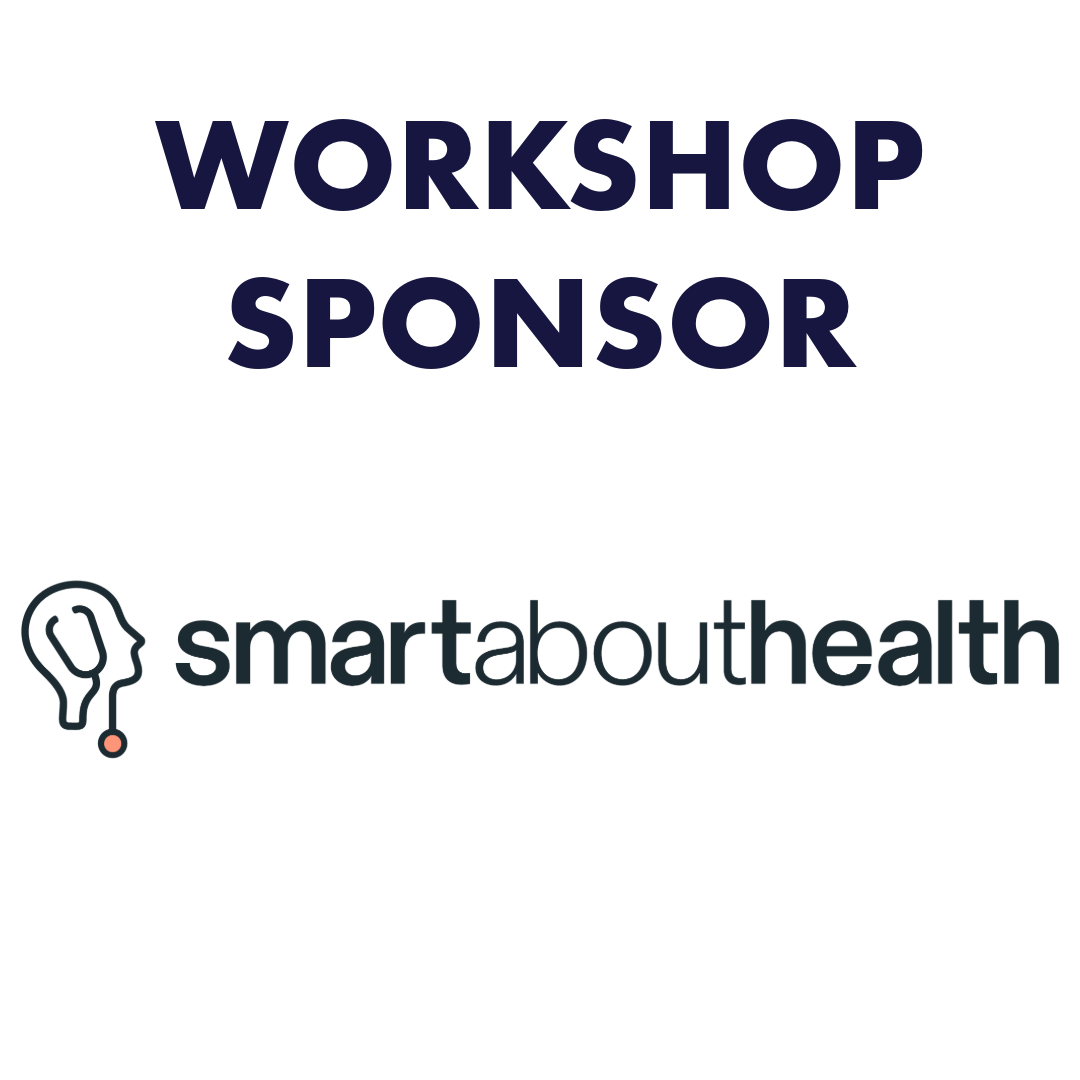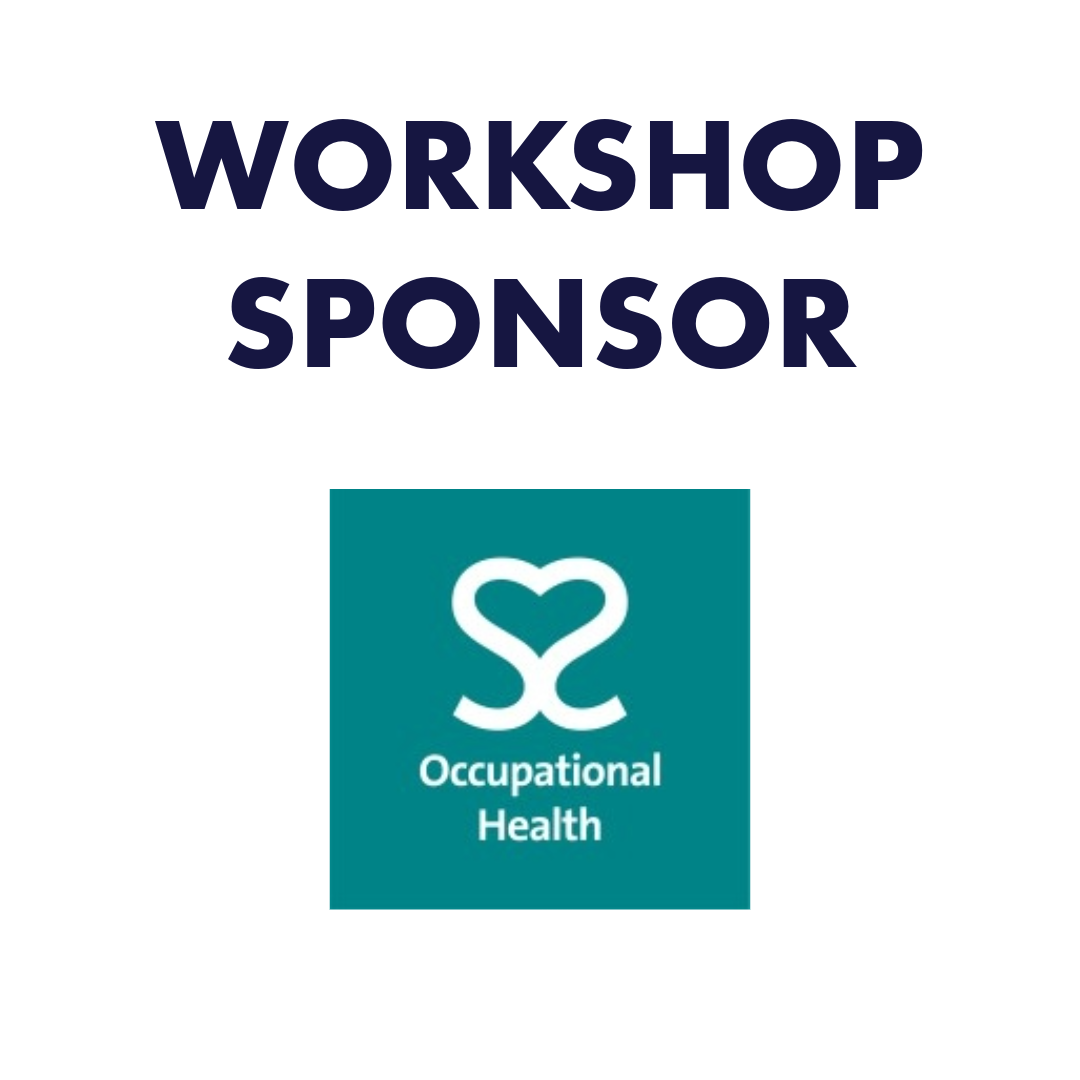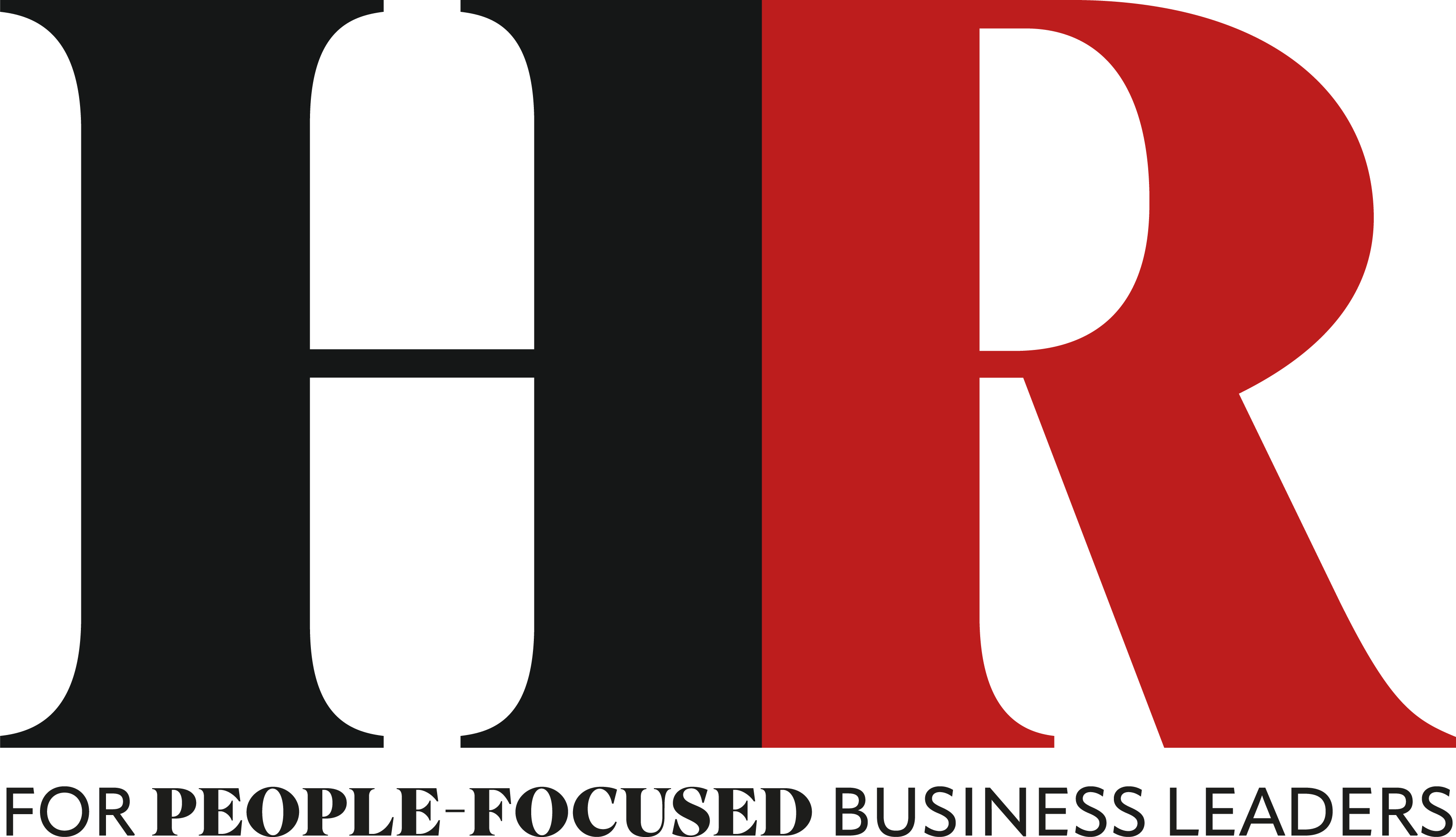Presentations
-
A whitepaper produced by The Inclusive Workplace Creating truly inclusive workplaces requires more than just policies —it demands open dialogue, practical strategies, and a commitment to continuous le ...
-
This session will discuss the importance of recognising and addressing metabolic syndrome in the police. This will include current national initiatives such as the use of Oscar Kilo (OK) wellbeing vans to deliver an accessible screening programme to frontline personnel. It will provide a basic understanding of metabolic syndrome and various strategies to utilise/adapt in organisations.
-
How to Implement a Four-Day Week (And What Not To Do)
12 Mar 2024 Simon UrsellThe UK’s four-day week pilot was such a success that 86% of the organisations that took part retained the new model. And Tyler Grange was one of them. Since working reduced hours, for the same salary and benefits – none of the 100+ strong team works Fridays - Tyler Grange is producing 106% more work than it previously did in five – making the company 26% more productive. This is a measurement ratio of productive time versus direct costs, which means the company is 106% productive in 80% of the time – which exceeds the original forecast of 100%. Since adopting a four-day week, the company has also seen an increase of 88% in CVs received; a 66% reduction in absenteeism; a 28% reduction in tiredness and an average happiness increase of 14%. In addition, the team is reaping the benefits of a better work-life balance and their productivity is also being driven by the ability to choose what they do over a three-day weekend, which has also helped tremendously with the cost of living - especially for parents by reducing childcare costs. Crucially, the common consensus – amongst colleagues and clients - is that the consultancy’s service levels, and client care is as good as they’ve ever been since it began trading over 12 years ago.
-
Musculoskeletal Health Inequalities and Employment
13 Mar 2024 Sue BrownIn 2023 ARMA carried out an inquiry into MSK health inequalities in relation to people living in areas of deprivation. The inquiry received a number of submissions related to work and MSK health inequalities. This presentation will summarise these findings and the resulting recommendations. -
UNDERSTANDING AND MANAGING COMPLEX PTSD IN BRITISH POLICING
12 Mar 2024 Professor John Harrison and Elisabeth Eades -
Supporting Workers with Bowel Conditions
12 Mar 2024 Mala StewartA look at the specific difficulties faced by those returning to or attempting to remain in work who have had bowel cancer or experience bowel conditions such as IBD or IBS and the ways in which workplaces can support them. -
Driving Tired Kills: Conversations About Sleep, Fatigue and Driving Risk
13 Mar 2024 Dr Karen McDonnellFatigue is one of the top 4 topics that the occupational health and safety professional needs to have a better understanding of. For many workers driving or riding for work is the most dangerous activity they undertake at work. Driver fatigue causes hundreds of crashes on our roads every year. These are around 50% more likely to result in death or serious injury. When drivers fall asleep, the police find no signs of braking, or any avoiding actions, so they tend to result in higher speed collisions. This session will provide a ‘wakeup call’ for individual drivers and those who drive and ride for work. Reflecting the RoSPA Driving and Riding for Work project funded by Transport Scotland it will assist organisations to understand the importance of managing fatigue as any other risk to their organisation. -
Supporting Unpaid Carers at Work through Coaching
13 Mar 2024 Catherine MacadamThis session will help delegates understand more about the impact of working and caring on individuals (health and wellbeing, career progression, financial hardship), but also on businesses and the wi ... -
Supporting Workers Through Mental Health Coaching
13 Mar 2024 Andrew KinderCounselling interventions have traditionally been used to support individuals with concerns regarding their mental health, this session will look at how coaching can be used to support individuals and ... -
Musculoskeletal Health in the Digital Age
13 Mar 2024 Prof Anthony WoolfThis session will inform about the current EUOSHA campaign from the perspective of MSK health and highlight risks and potential benefits and provide an understanding of risks and benefits of digital w ...


)
)
)
)
)
)
)
)
)
